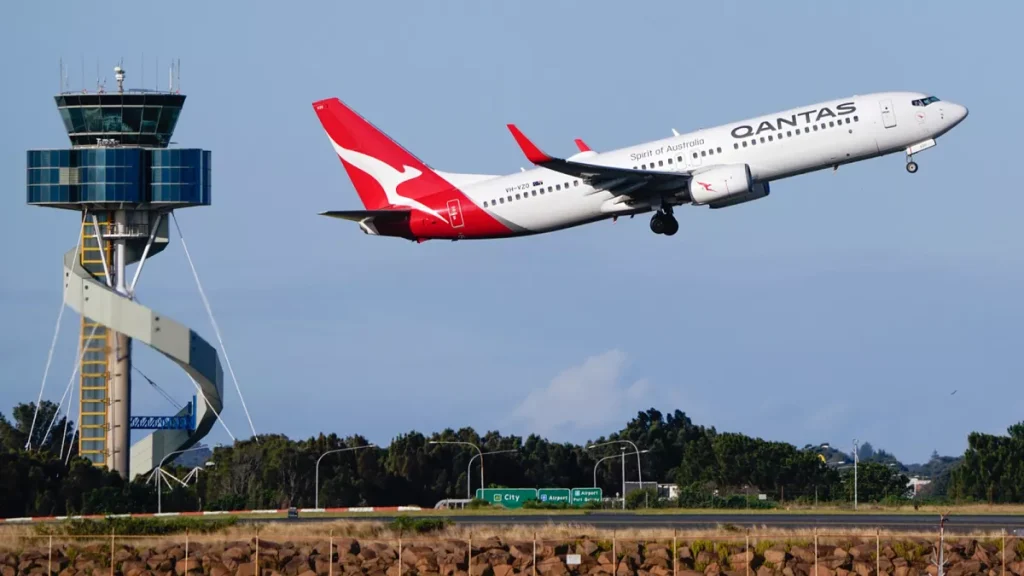Qantas Data Breach Exposes Millions of Customer Records
In a concerning development for international travelers, Qantas Airlines disclosed on October 14, 2025, that approximately 5.7 million customer records were compromised in a cyber attack that occurred earlier this year. The breach, which took place in early July, involved unauthorized access to personal information through a third-party platform, with the stolen data subsequently appearing on the dark web. This incident represents one of the most significant data breaches in the airline industry in recent years and has raised serious questions about data security practices among major carriers that connect global destinations including London, Paris, and Rome.
The scope of the breach is substantial, though Qantas has attempted to reassure customers about its limited nature. For the majority of affected individuals, the compromised information includes names, email addresses, and Frequent Flyer membership details. However, the airline acknowledged that a “smaller portion” of customers had more sensitive information exposed, including home and business addresses, dates of birth, phone numbers, gender information, and even meal preferences selected during flights. In what might be considered the only silver lining in this troubling situation, Qantas has confirmed that no credit card details, personal financial information, or passport data were accessed during the breach. The airline has also emphasized that Frequent Flyer accounts remain secure, as passwords, PINs, and login credentials were not compromised in the attack.
The airline’s response has been multi-faceted, beginning with legal action through the New South Wales Supreme Court, which granted an injunction prohibiting anyone from accessing, viewing, releasing, using, transmitting, or publishing the stolen information. This legal maneuver represents an attempt to contain the damage, though cybersecurity experts have noted that once data appears on the dark web, it becomes exceedingly difficult to control its distribution. Qantas has stated that it has already contacted all affected customers individually, explaining precisely what personal information was exposed in their particular case. The company has also established a dedicated support line offering specialized identity protection services, indicating an awareness of the potential long-term consequences of such a breach for its customers.
Security experts are advising affected passengers to remain vigilant against potential scams that may emerge in the wake of this breach. Customers are being strongly cautioned to hang up on any unsolicited calls purporting to be from Qantas and instead to contact the airline directly through official channels if they have concerns. In an interesting legal note, travelers have been specifically warned against attempting to search for their own information on the dark web, as accessing such materials could potentially violate laws in certain jurisdictions. This guidance highlights the complex legal and ethical questions surrounding data breaches, where victims may naturally want to understand the extent of their exposure but could face legal jeopardy for doing so.
The timing of this breach is particularly unfortunate for Qantas, coming at a moment when international travel has fully rebounded from the pandemic-era restrictions and as competition among carriers for lucrative long-haul routes has intensified. The airline industry has increasingly relied on sophisticated customer data to personalize services and optimize operations, making carriers attractive targets for cybercriminals. While Qantas has indicated it has implemented “additional security measures” in response to the breach, increased training for staff, and “strengthened system monitoring and detection,” the incident raises broader questions about whether the aviation industry as a whole has sufficiently prioritized cybersecurity in an era of escalating threats. The fact that the breach occurred through a third-party platform also underscores the vulnerability created by complex digital supply chains, where security is only as strong as the weakest link.
As Qantas works closely with Australian government agencies, including the Australian Cyber Security Centre and the Australian Federal Police, to address the aftermath of this breach, the incident serves as a sobering reminder of the ongoing challenges in protecting personal data in our interconnected world. For travelers, it reinforces the importance of maintaining vigilance regarding personal information shared with airlines and other travel providers. For the aviation industry, it highlights the need for continuous investment in cybersecurity infrastructure and practices that can withstand increasingly sophisticated attacks. As global travel continues to grow, the protection of passenger data will remain a critical concern requiring collaboration between airlines, technology providers, regulatory bodies, and security experts to ensure that the convenience of modern travel does not come at the expense of personal privacy and security.


